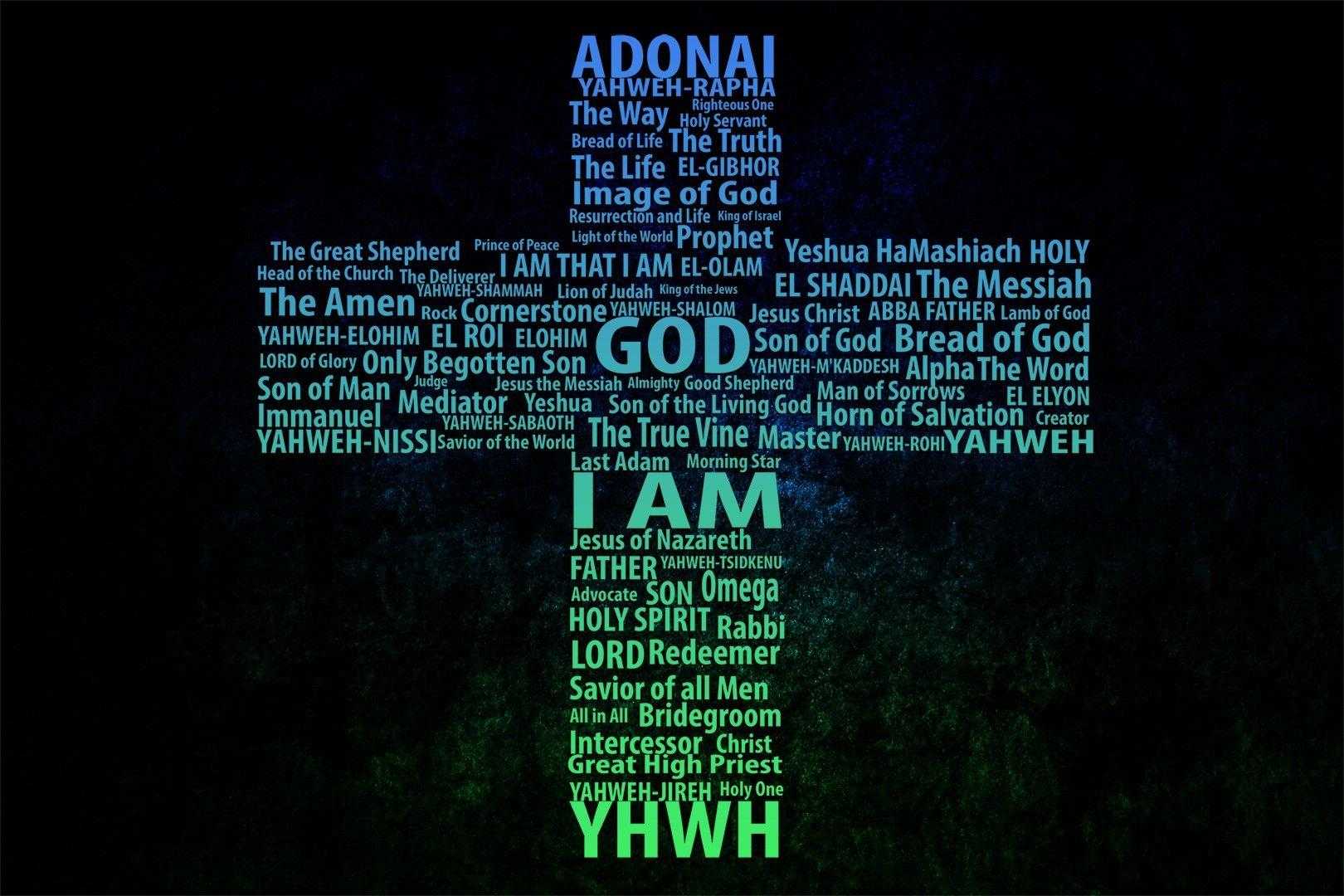

What is your soul?
MANY people believe that man has a soul, which is something distinct and separate from the body. It is believed that this soul leaves the body at death. Depending on whether someone has led a good life or not, his soul supposedly either goes to hell and is tormented there or to heaven and enjoys eternal happiness with God.
This shows that the belief in a hell of fire is based on the doctrine that man has a soul that survives the death of the body. But does this doctrine agree with the Bible?
In the first book of the Holy Scriptures, in the first book of Moses, it is shown what the human soul is. Genesis 2:7 says of the creation of the first man, "Jehovah God proceeded to form man of dust from the ground and to blow into his nostrils the breath of life, and man became a living soul [Hebrew: nephesh]." Notice that the Bible does not say man received a soul, but says, "Man became a living soul."
In his inspired letter to the Corinthians, the Apostle Paul showed that the Christian doctrine of the soul was no different from what is set forth in the first book of Moses. Quoting Genesis 2:7, he said, "So also it is written: 'The first man Adam became a living soul.'" (1 Cor. 15:45) Paul used the word psyche, the Greek word for soul; this proves that by psyche, as well as by the Hebrew word nephesh, man himself can be referred to.
It is noteworthy that numerous twentieth century biblical scholars, Catholic, Protestant, and Jewish, have openly admitted that man himself is a soul. We read:
"The famous verse in Genesis [2:7] does not say, as is often supposed, that man consists of body and soul; it says that Yahweh formed man, dust from the ground, and then proceeded to animate the motionless form with living breath blown into his nose, so that man became a living being, which is the only meaning of nephesh [soul] here" (Journal of Old Testament Science, Vol. 41).
"Man must not be thought to have a soul; he is a soul" (The New Bible Commentary).
"The soul, according to the A[lten] T[estament], is not a part of man, but the whole man-man as a living being. In the N[ew] T[estament] the term has a similar meaning, and here it means human life: the life of a single, rational being" (New Catholic Encyclopedia).
"In the New Testament, 'to save one's soul' (Mark 8:35) does not mean to save a 'spiritual' part of a person, as opposed to his 'body' (in the Platonic sense), but the whole person, emphasizing the fact that the person is alive, has a desire, shows love, is willing to do something, etc., and also that he is something tangible, physical" (The New American Bible, "Glossary of Biblical Theology Terms".
"The Bible does not say we have a soul. 'Nefesh' is the person himself, his need of nourishment, the blood in his veins, his essence" (Dr. H. M. Orlinsky of Hebrew Union College, quoted in The New York Times, October 12, 1962).
Since in the original languages the words for "soul" (nephesh and psyche) may refer to man himself, we should expect the normal bodily functions or characteristic features of human beings to be attributed to it. Is this the case? Your soul - is it really you? Consider the following:
Examining how these words are used in Hebrew and Greek in the Bible, we find that a human soul is born. (Genesis 46:18) It can eat or fast. (Deut. 7:20; Ps. 35:13) It can rejoice or be sorrowful. (Ps. 35:9; Matt. 26:38) She can fall in love. (Gen. 34:3) She can bless others. (Gen. 27:4) She can listen. (Acts 3:23) The soul can sin, swear, have a desire for something, and be struck with fear. (Deut. 4:2; 5:4; Deut. 12:20; Acts 2:43) It can be taken and put in bondage. (Deut. 24:7; Ps. 105:18) Can you not do all this, or can all this not happen to you? Yes your soul, that is you.
Therefore, when your soul dies, you die, you cease to exist with consciousness. The Bible repeatedly speaks of the soul dying. Through his prophet Ezekiel, Jehovah declared, "Behold! All souls - they belong to me. As the soul of the father, so the soul of the son - they belong to me. The soul that sins - it itself will die." (Ezek. 18:4, 20 ) About the Messiah or Christ, Isaiah's prophecy says, "that he poured out his soul into death itself." (Isa. 53:12) And Jesus Christ said, "He that loveth his soul destroyeth it." - Jn. 12:25.
So many names, one Savior. ✝️

- 2 des postes
-
- Mâle
- Vivre dans Belgium



